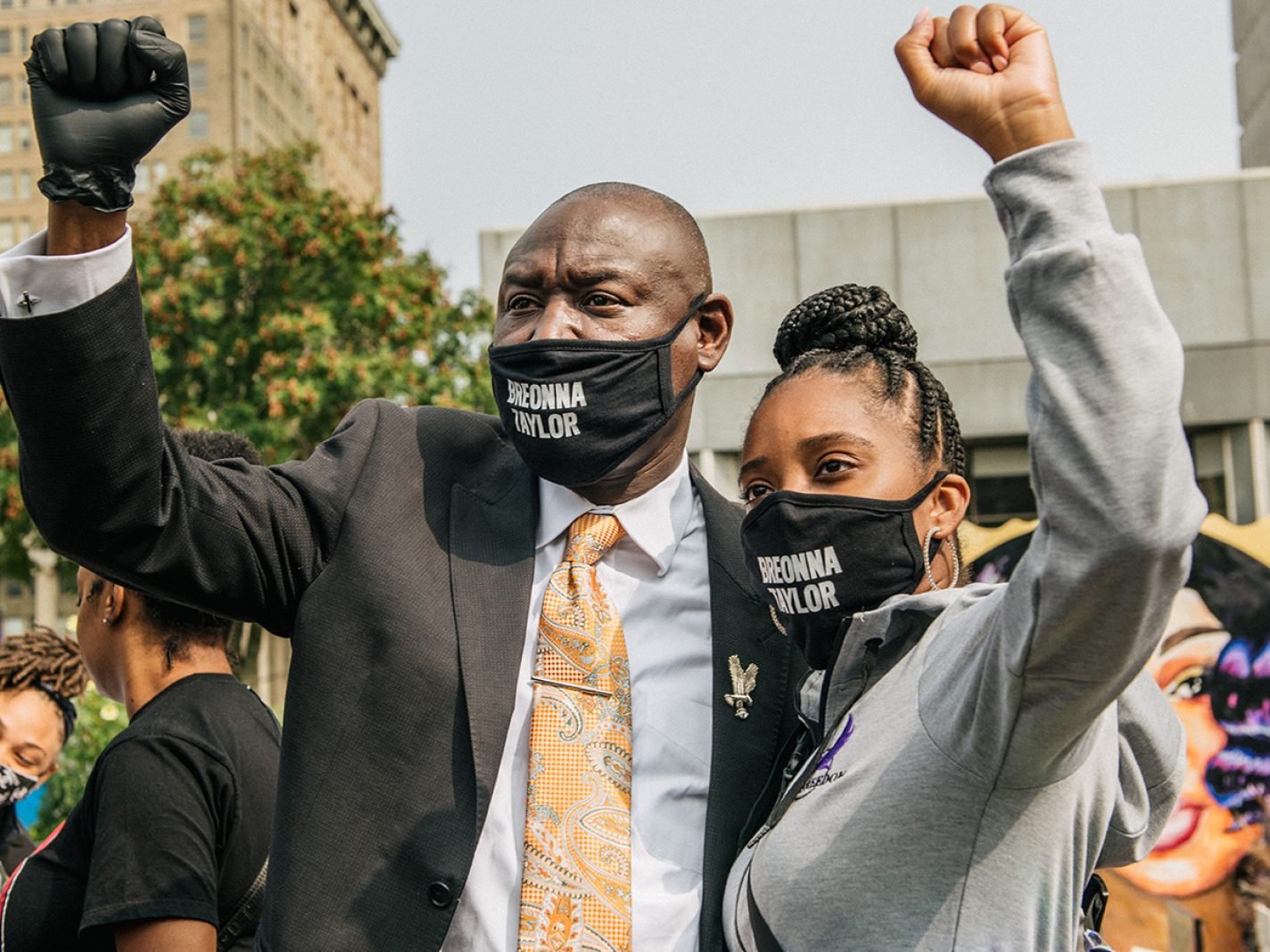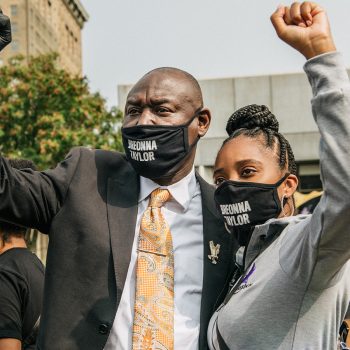Six months after the killing of 26-year-old Breonna Taylor, her family has reportedly been awarded a settlement for as much as $12 million, the Louisville Courier-Journal reported yesterday. This is in response to a suit filed in April by Taylor’s mother, Tamika Palmer, against the officers involved, and is “among the largest payouts in the U.S. for the shooting of a Black American by police,” the paper notes.
Included in the agreement are police reforms the paper says are “designed to strengthen officers’ connections to the community, reform the search warrant process and make officers more accountable and their actions more transparent.”
Importantly, however, the settlement admits no guilt from the city or its police.
Benjamin Crump, an attorney for the family, notes that justice has yet to be fully served, as the officers involved in the killing of Breonna Taylor have not been charged.
“Regardless of this landmark step on the journey to justice, we still are demanding that Kentucky Attorney General Daniel Cameron bring charges immediately against the police officers that murdered Breonna Taylor,” he told the Louisville Courier-Journal. “Immediately. This week. Justice delayed is justice denied.”
The officers who shot Breonna Taylor were not using body cameras, and they entered Taylor’s apartment without knocking. Sparked by mass protests, in June, “Breonna’s Law,” a ban on “no-knock” warrants by law enforcement, was implemented by Louisville city council. Also per the law, body cameras must be worn while serving warrants.
Crump called the settlement a “landmark step,” but added that without charges against the officers involved, it is only “partial justice.”




